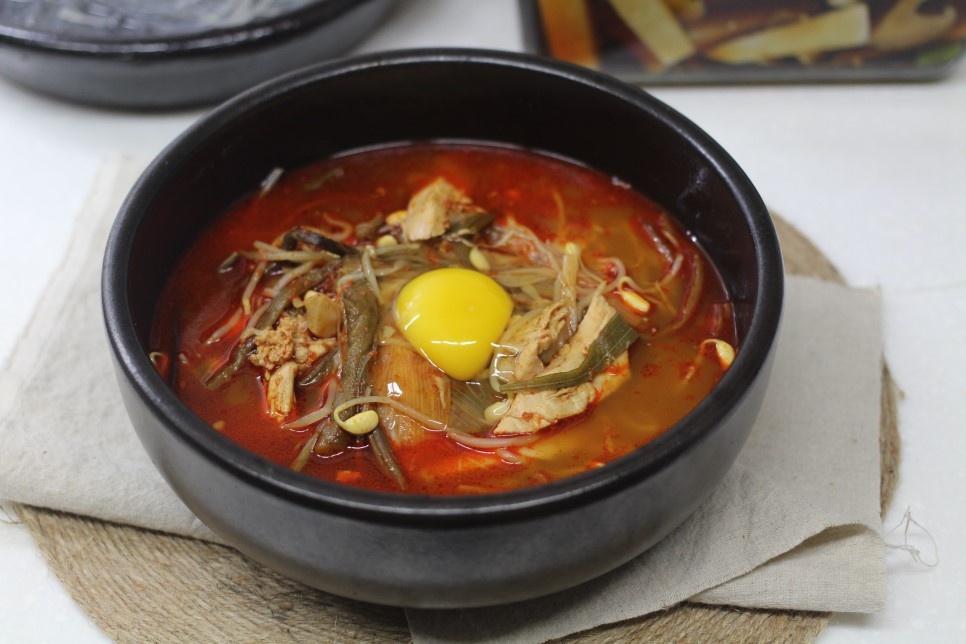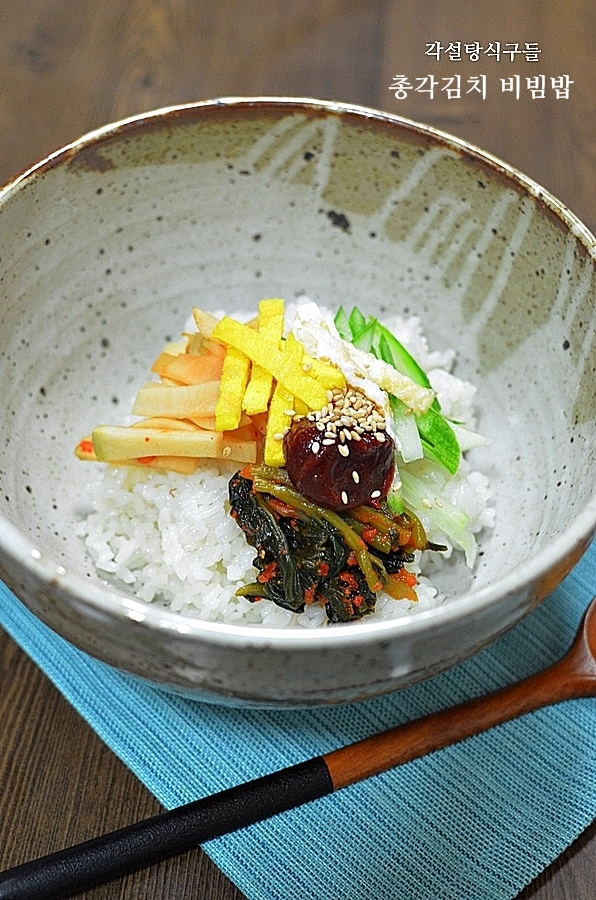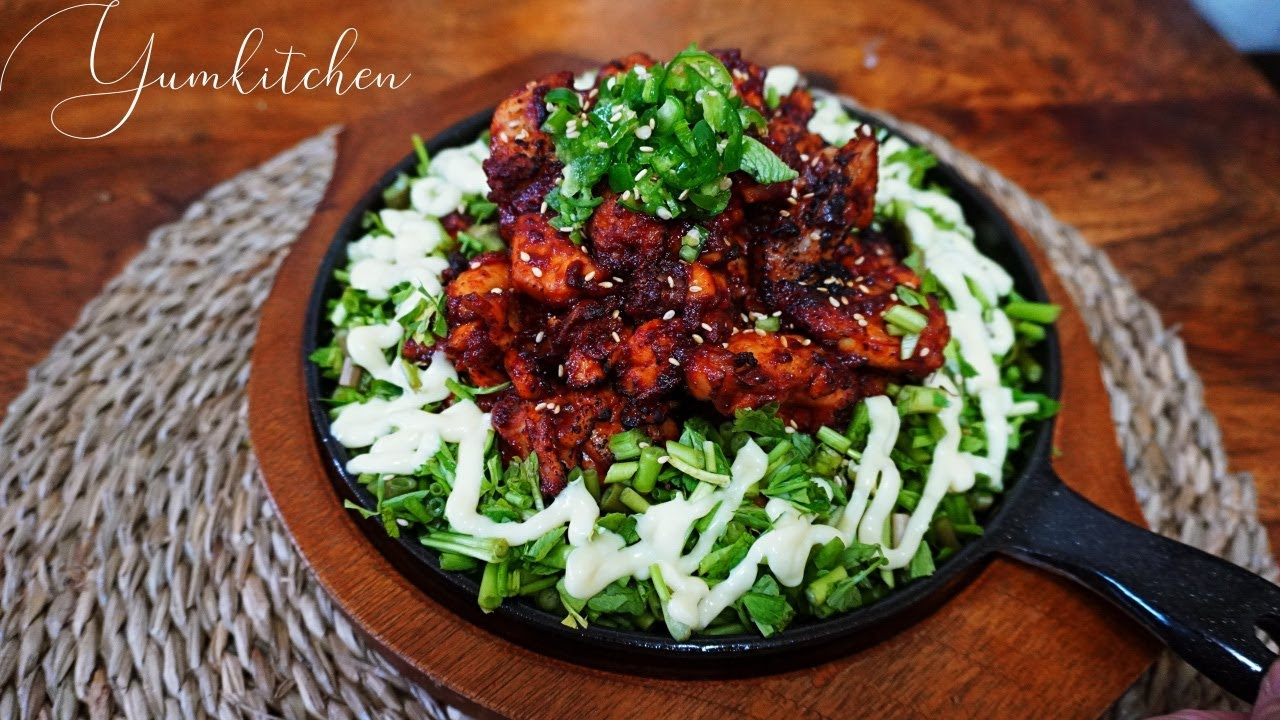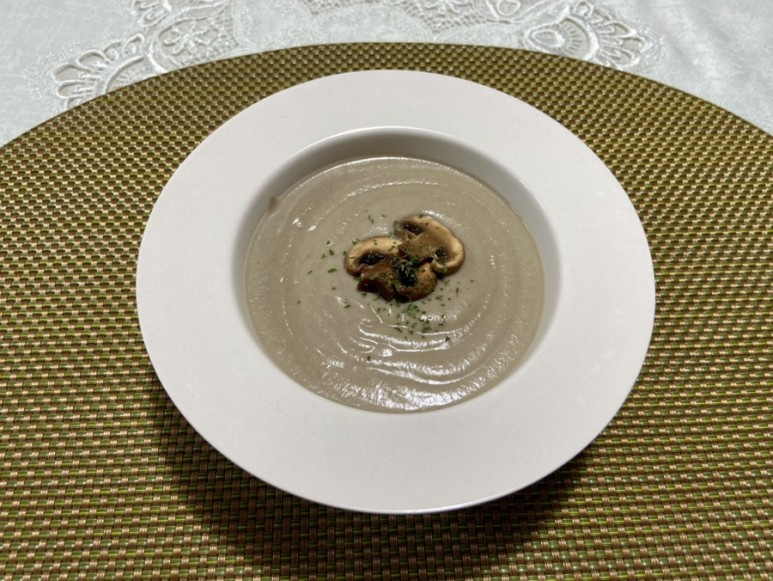Spicy and Deep Flavored Dakgaejang (Spicy Chicken Stew)
Recharge Your Summer Energy with Baek Jong-won’s Easy Dakgaejang Recipe

Beat the summer heat with a hearty and delicious Dakgaejang, a spicy Korean chicken stew perfect for a summer boost! Inspired by Baek Jong-won’s popular home cooking show, this recipe offers a simple yet flavorful way to make this comforting dish. Even though some ingredients might differ slightly from the original broadcast, the core elements remain the same, making it a true ‘Baek Jong-won style’ Dakgaejang. Enjoy this nourishing soup packed with tender chicken and vegetables to stay energized through the hot summer days!
Dakgaejang Ingredients- 1 whole chicken (approx. 11 size, young chicken recommended)
- 1/2 onion
- 3 Tbsp minced garlic
- 5 stalks of green onion
- 1 pack of king oyster mushrooms
- 1 pack of bean sprouts (380g)
- 250g fernbrake (boiled and prepared)
- 400g bracken (boiled and prepared)
- 1 handful of dried jujubes
- 2 Tbsp rock salt (or soup soy sauce)
- 2 Tbsp sesame oil
- 80ml regular soy sauce
- 3L water
- A pinch of black pepper
- 7 Tbsp gochugaru (Korean chili flakes)
- Glass noodles, as needed
Cooking Instructions
Step 1
Start by soaking the glass noodles in cold water for at least 30 minutes. This will ensure they become perfectly chewy and absorb the flavors well when cooked.

Step 2
Rinse the chicken thoroughly under running water. Place the chicken in a pot along with the dried jujubes, 1 stalk of green onion, and 1/2 onion. Add 3L of water. Bring to a boil over high heat, then reduce to medium heat and simmer for 30 minutes until the chicken is fully cooked. Chef Baek’s Tip: Don’t remove the chicken fat before boiling; it adds a richer, deeper flavor to the broth.

Step 3
Initially, boil the chicken over high heat, then lower to medium heat and continue simmering for 30 minutes. Once the chicken is cooked, remove and set aside the green onion, jujubes, and onion.

Step 4
Let the boiled chicken cool down slightly. This makes it easier to shred the meat.

Step 5
I’m using king oyster mushrooms today. Wash them under running water and then tear them lengthwise into bite-sized strips following the natural grain of the mushroom. Trim the green onions, cut them in half lengthwise, and then chop them into roughly 5cm pieces. Larger pieces add a nice texture.

Step 6
Clean and prepare the bean sprouts, fernbrake, and bracken. Cut the fernbrake and bracken into manageable pieces. (Note: Bean sprouts were used as the soybean sprouts were not in good condition. Bracken and fernbrake are essential for a delicious Yukgaejang!)

Step 7
In a deep pan or pot, heat 2 Tbsp of sesame oil over low heat. Add 7 Tbsp of gochugaru and stir-fry until fragrant. Be careful not to burn the chili flakes. Once the aroma of green onions starts to release, add 2 Tbsp of minced garlic and continue stir-frying until the garlic is fragrant. This step of creating ‘green onion oil’ significantly enhances the soup’s flavor. Chef Baek Jong-won’s method for making green onion oil is truly the best!

Step 8
Once the chicken has cooled, shred the meat by hand, removing the bones. Using a mix of both dark and white meat will result in a more flavorful stew.

Step 9
Skim off all the fat from the chicken broth. You’ll notice the broth becomes much cleaner and lighter. See how clear the broth looks now?

Step 10
Pour the stir-fried green onion and chili flake mixture into the skimmed chicken broth and mix well to dissolve.

Step 11
Add all the prepared fernbrake, king oyster mushrooms, bracken, and bean sprouts to the pot.

Step 12
Add the shredded chicken meat as well.

Step 13
Stir everything together. To prevent the Dakgaejang from boiling over, ladle out about one bowl of the broth and set it aside. Don’t discard this broth; it can be added back later if the soup becomes too thick.

Step 14
If the soup thickens too much while simmering, add the reserved broth back to adjust the consistency. This is particularly useful when you have many ingredients in the pot relative to the amount of broth.

Step 15
Add 80ml of regular soy sauce to the stew and continue to simmer. Using soy sauce will give the broth a richer color.

Step 16
Check the soaked glass noodles. They should be plump and ready.

Step 17
Once the Dakgaejang comes back to a boil, add the reserved broth to reach your desired consistency and simmer for a bit longer. Once the broth has reduced slightly, season with 2 Tbsp of rock salt (or soup soy sauce).

Step 18
Finally, drizzle in 2 Tbsp of sesame oil for a nutty aroma.

Step 19
Simmer briefly once more, then generously sprinkle with black pepper and turn off the heat. Your delicious and spicy Dakgaejang is ready!

Step 20
Place the soaked glass noodles at the bottom of your serving bowl.

Step 21
Ladle the hot and hearty Dakgaejang generously over the glass noodles. This is the perfect finishing touch! I was very curious about the glass noodles in Chef Baek’s recipe – would they cook properly this way? Yes, they did! They turned out perfectly chewy and delicious. Enjoy your incredibly satisfying Dakgaejang!




